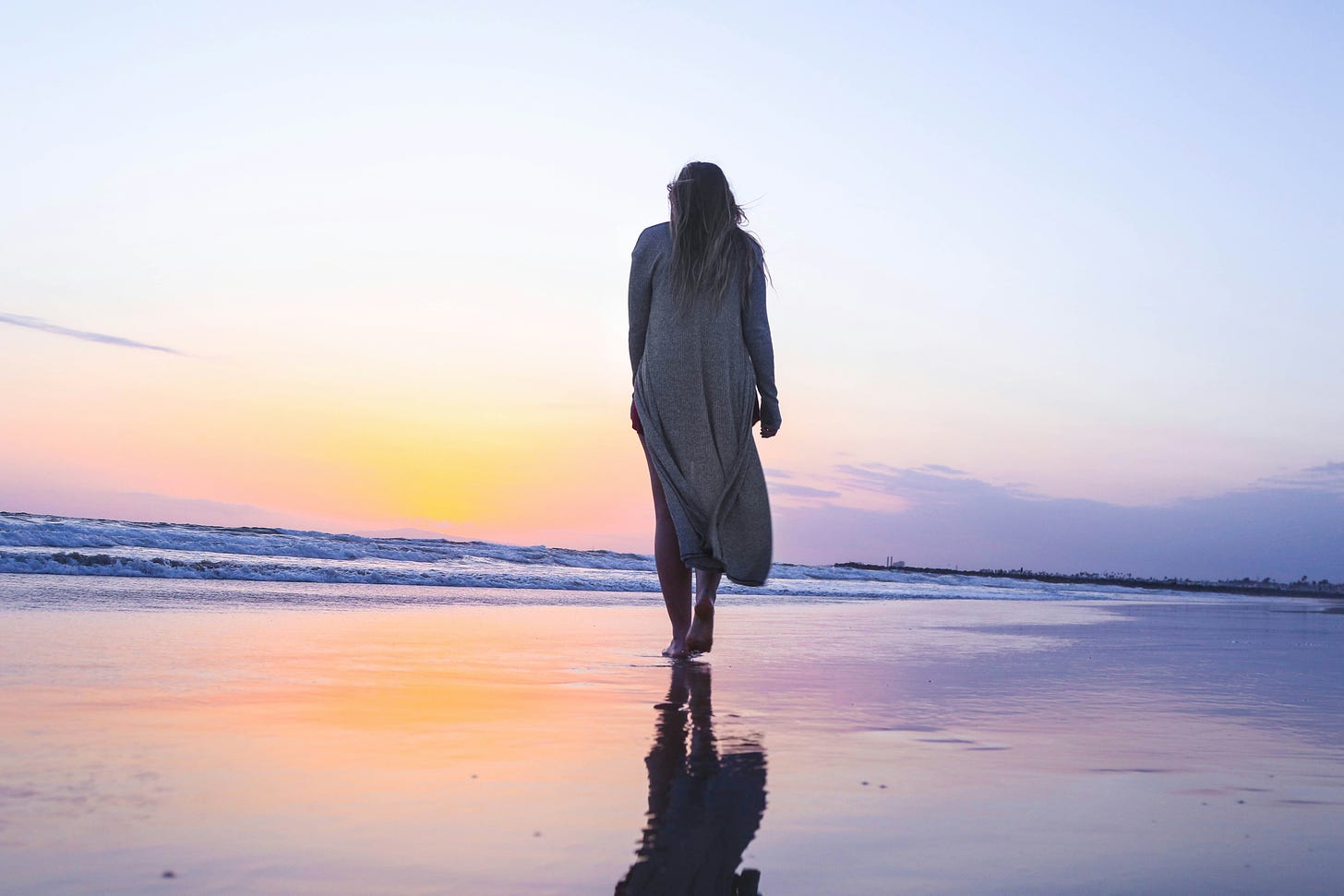
There are a lot of conversations about women going on right now, some in bubbles that seem to be bursting their influence beyond expectation. Women’s roles, women’s rights, women’s natures (let’s not bury that lede: it’s human), women’s preferences… the list goes on.
These conversations are happening right alongside a culture that isn’t exactly fostering the ability of girls to thrive.
Do I think it’s all inter-related? Yes. Do I want to parse out every last thing, and point out all the ways that I disagree with things people say (particularly on the internet)? No.
I’ve been thinking, studying, teaching, and writing about these topics for more than 20 years now, most of it not in public, much of the time in places and ways where people, whose intellectual formation I trust, can give feedback. I think time spent in dusty libraries with old books and obscure articles, conversations over cappuccino with well-formed faithful people, and prayerful study counts for a lot. (Of course, I’m biased! But I think sometimes the internet makes people feel like nuance is unnecessary, and that makes me sad.)
But, I also see a lot of really bright women (and men) who are curious about these things. Between jobs and kids, singleness and marriage, friendships and break-ups, they’re wondering about the big questions of what it means to be human, and what it means to be a woman.
I’m worried about the girls of this generation, and I’m worried about what we’re handing them in terms of a vision of themselves. What does your average young woman think about becoming a woman? Is it something she dreads? Looks forward to? Thinks about at all?
Young people will grow up to be adults, but not gender-neutral ones. Boys will become men and girls will become women, and there is no end of discussion about those differences. But sometimes (lately? often? in some circles?) the discussion of difference begins and ends without any reference to commonality. It’s unstable ground, and we’re seeing the unstable results.
So, my thought behind this series I’ve started over at Word on Fire is to return to the foundations and see how they can be applied.
The second article lays out the basics of what’s called “theological anthropology.” That is, what does it mean to be a human person if we try to take a God’s-eye perspective when we think of it? Word counts are perennially challenging—and one reason why popular writing fails to lend itself to nuance—but I’ve tried to include a lot of what you’d find if you spent years in dusty libraries.
Come have a read:
A Woman Is A Human Person
And then come back and share your thoughts. What have you been handed, or handed on to others, in terms of a vision of the human person? What implicit or explicit messages have you received, or passed on, about a woman’s humanity? What would you tell the girls of this generation about their own humanity?




Absolutely loving this article, and can't wait to read the rest of the series. So much conservative conversation about women and men talks as if a person is primarily a man or a woman, not primarily a person.
A breath of fresh air to read this morning, Kerri. I will be sharing!! It is so discouraging to hear really faulty ideas being pedaled that lose sight of the y truths of what it means to be HUMAN. It kind of reminds me of the idea of virtues — how extremes on either side become damaging — because it that seems that this conversation around women, femininity, etc… constantly swings back and forth like a reactionary, huge pendulum. It practically makes you dizzy, and makes for so many unnecessary “teams”.